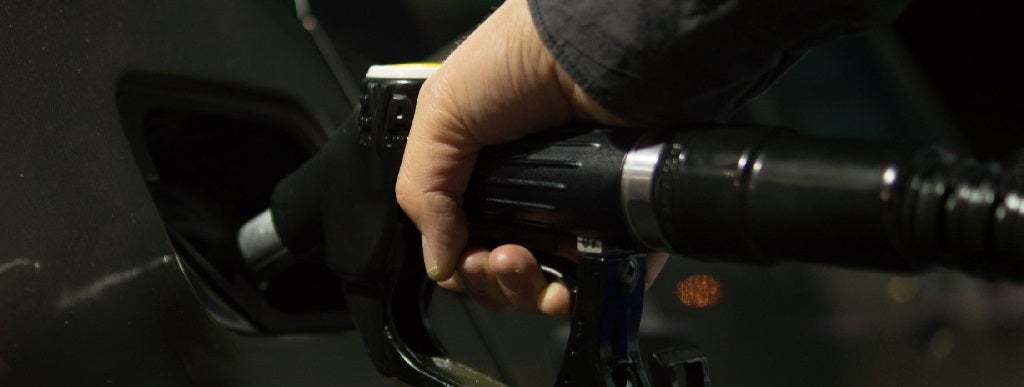Advantages to Improve your Fuel Economy

Advantages to Improve your Fuel Economy
In today’s world, where there are global warming and an increase in pollution, one should consider buying fuel-efficient vehicles. To help reduce the damage being done to the environment, a fuel economy can play an important role. By running cars that are not fuel-efficient, we are destroying the earth a little day-by-day. In the transportation sector, many countries are now setting fuel-economy standards for new vehicles to reduce the carbon footprint. Doing this will undoubtedly promote more energy-efficient and cleaner vehicles.
When vehicles are well-maintained, they consume less fuel and run their best. Fuel-efficient driving can help you save hundreds of dollars each year. Not only this, but it also works towards improving road safety as well as prevent wear on your car. To improve your fuel economy and lower your car’s consumption of fuel as well as carbon dioxide emissions, one must learn the techniques of fuel-efficient driving that brings many benefits.
What is the Fuel Economy?
A vehicle’s fuel efficiency relationship between the amount of consumed fuel and traveled distance is what defines fuel economy the best. Consumption of expanded fuel is most expressed in terms of fuel’s volume to the traveled distance per unit volume of fuel consumed. It is one of the significant factors in air pollution and is considered quite important as a large part of the foreign trade of a country.
Fuel Economy Benefits the Environment
Cleaner Air: A vehicle that doesn’t consume more fuel gives the best mileage. And the lesser your car will consume fuel, the lesser will be the smoke that comes out, which will considerably do less damage to the atmosphere. Maximizing your vehicle’s fuel economy also help in depleting the ozone layer that causes global warming and affects climatic changes.
Reduce Gas Emissions: Carbon dioxide gas contributes to global warming and air pollution. The vehicles that use less fuel brings a healthier environment and produces less damage.
Energy Sustainability: Oil is a non-renewable source of energy that will eventually run out. To power our day-to-day tasks, including driving, using less fuel provides more time to develop long-term techniques of energy.
Tips to Use Less Fuel
- Avoid idling your vehicles.
- Remove bicycle racks.
- Measure the tire pressure of your vehicle every month.
- Use fuel consumption display.
- Make use of air conditioning sparingly.
- Drive less often.
- Avoid high speeds.
- Maintain a steady space.
Best Way to Drive
The way one drives a car, or any other vehicle can have a great impact on their mileage as well as a wallet. Consider the listed points while taking your car on the road:
Don’t Let the Car Idle: The engine burns a little extra gasoline while starting a car. Letting your engine idle for a long time can burn more fuel than turning it off and restarting it.
Drive Moderately: High speed driving increases both emissions and usage of fuel. On the highway, instead of 70 mph, going 65 can cut the usage of fuel up to 20 percent. This will help you save more money and assures safe driving.
Park your Car in the Shade: Doing this will minimize the evaporation of fuel and keep your car cooler in the shadows during summer.

